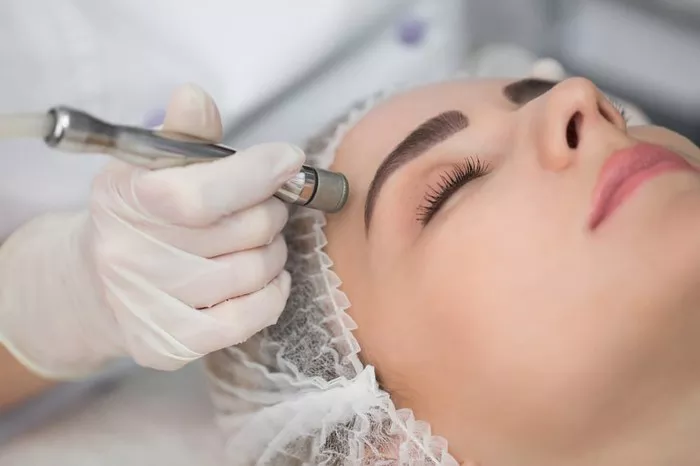Botox, a popular cosmetic treatment for reducing wrinkles and fine lines, has gained widespread recognition for its remarkable results. However, like any medical procedure or product, there is a potential for adverse reactions, including allergic reactions. Understanding the duration of an allergic reaction to Botox is crucial for those considering or currently undergoing treatment. In this article, we explore the causes of allergic reactions to Botox, their symptoms, and delve into how long these reactions typically last.
Allergic Reactions to Botox: Causes and Symptoms
An allergic reaction occurs when the body’s immune system responds negatively to a foreign substance. In the case of Botox, an allergic reaction can result from the presence of certain proteins or other components in the injection. It’s important to note that allergic reactions to Botox are relatively rare.
Symptoms of an allergic reaction to Botox can vary in severity and may include:
Skin Irritation: Individuals might experience redness, itching, and swelling at the injection site.
Rashes or Hives: Raised, itchy bumps on the skin, known as hives or urticaria, may develop around the treated area.
Breathing Difficulties: In severe cases, an allergic reaction can lead to difficulty breathing, tightness in the chest, and wheezing. This is a medical emergency and requires immediate attention.
Duration of an Allergic Reaction to Botox
The duration of an allergic reaction to Botox depends on the severity of the reaction and the individual’s immune response. Mild reactions, such as localized itching and redness, typically subside within a few hours to a couple of days. More moderate reactions, including hives and swelling, may persist for several days, gradually improving as the body’s immune system responds.
Severe allergic reactions that involve difficulty breathing or anaphylaxis require immediate medical intervention. In these cases, the symptoms can escalate rapidly and may take longer to completely resolve. Timely administration of appropriate medical treatment can significantly impact the duration of these severe reactions.
Managing Allergic Reactions to Botox
If you suspect you are experiencing an allergic reaction to Botox, it’s important to seek medical attention promptly. A healthcare professional can assess the severity of the reaction and recommend appropriate treatment options. This might include antihistamines for mild reactions or epinephrine for severe reactions.
Prevention is key to minimizing the risk of an allergic reaction to Botox. Prior to undergoing the treatment, communicate your medical history and any known allergies to your healthcare provider. Additionally, choose a qualified and experienced medical professional to administer the Botox injections. Reputable practitioners prioritize safety and adhere to strict protocols, reducing the likelihood of adverse reactions.
Conclusion
While allergic reactions to Botox are uncommon, they can occur and vary in severity. Recognizing the symptoms and understanding the duration of these reactions is crucial for those considering or receiving Botox treatment. Mild reactions generally subside within days, while severe reactions necessitate immediate medical attention and can take longer to resolve. Choosing a reputable medical professional and discussing your medical history can help prevent allergic reactions and ensure a safe and positive Botox experience. If you suspect an allergic reaction to Botox, consult a healthcare provider for proper evaluation and guidance.


